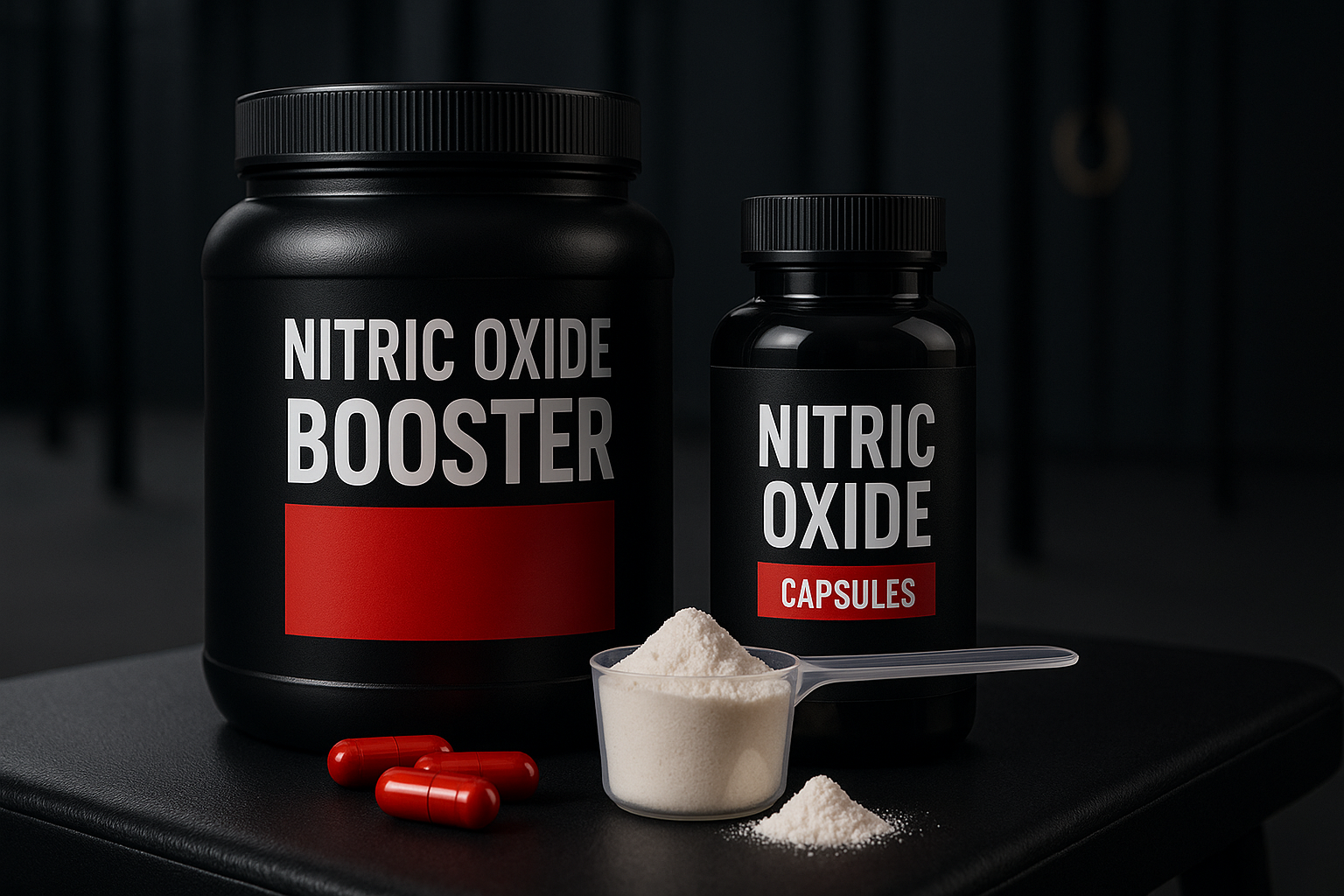Introduction: It All Starts in Your Mind
If you’ve been struggling to achieve your fitness goals, chances are the problem isn’t your workout plan or diet. It’s your mindset, your difficulty in letting go of your old self. Many people unknowingly sabotage their progress by clinging to self limiting beliefs like, “I’m not a sports person” or “I just don’t like healthy food.” These mental roadblocks keep you stuck in your old habits and prevent real change.
The good news? You can leave these beliefs behind and re-frame your perspective to create a healthier, stronger, and more confident version of yourself. Let’s explore why this mental shift is crucial and how you can start today.
The Science Behind Mindset and Behavior Change
Research in psychology and neuroscience shows that the stories we tell ourselves directly shape our behaviors. A concept known as self-concept theory explains how our identity influences our actions. For example, if you identify as someone who “hates exercise,” you’re less likely to find joy or consistency in physical activity.
But here’s the empowering part: identities are not fixed. They’re malleable and can evolve with intentional effort. By adopting a growth mindset—the belief that abilities and preferences can change—you can reshape your behaviors and, ultimately, your results.
Why Is It So Difficult to Leave Your Old Self Behind?
Let’s face it—change is hard. And when it comes to transforming your health and fitness, the struggle often lies not in the workout plan or diet itself but in the psychological resistance to leaving behind who you used to be. But why does this happen?
- Your Brain Loves Comfort
Your brain is wired to prioritize familiarity and comfort because it equates them with safety. When you try to change your habits—like swapping chips for vegetables or starting a workout routine—your brain interprets this as a threat to the status quo. This resistance isn’t weakness; it’s biology. - Habits Are Deeply Engrained
According to research, habits form through repetition and become automatic behaviors over time. Breaking old habits requires consistent effort to overwrite neural pathways, which isn’t an overnight process. - Fear of Failure or Judgment
Many people struggle with self-doubt or fear of being judged for their efforts. Statements like “I’m not a sporty person” or “I’ll never like healthy food” are often defense mechanisms to avoid the discomfort of trying and failing. - Identity Attachment
The way you see yourself is powerful. If you’ve always identified as someone who “doesn’t like vegetables” or “isn’t athletic,” it can feel almost unnatural to step outside that narrative. Changing your behavior can feel like letting go of a part of your identity, which is psychologically challenging. - Short-Term Gratification vs. Long-Term Goals
Our brains are also wired to seek immediate rewards, like the dopamine hit from junk food or skipping the gym for Netflix. Long-term health benefits don’t provide the same instant gratification, making it harder to prioritize.
Common Self Limiting Beliefs and How to Overcome Them
1. “I’m Not a Sports Person”
This belief often stems from negative past experiences with physical activity. Maybe gym class felt humiliating, or you were never encouraged to find a sport you enjoyed. But the truth is, physical activity comes in countless forms, from dancing to hiking to weightlifting. Experimenting with different activities can help you discover what you enjoy.
Re-frame it: Instead of “I’m not a sports person,” say, “I’m learning to enjoy moving my body.”
2. “I Don’t Like Vegetables”
Taste preferences can change over time, especially when you experiment with new cooking methods. Roasting, grilling, or seasoning vegetables can completely transform their flavor profile. Studies even suggest repeated exposure to certain foods can increase their appeal (source).
Re-frame it: Replace “I don’t like vegetables” with “I’m discovering ways to prepare vegetables that I enjoy.”
3. “I Don’t Have Time”
Time is often an excuse masking deeper priorities. If your health truly matters, you’ll make time for it. Even 20 minutes of daily movement or meal prepping can make a significant difference.
Re-frame it: Instead of saying, “I don’t have time,” try, “I’m prioritizing my health because I’m worth it.”
Actionable Steps to Leave the Old You Behind
- Identify Your Limiting Beliefs
- Write down the thoughts that are holding you back.
- Challenge their validity. Are they really true, or are they assumptions?
- Adopt a Growth Mindset
- Believe that change is possible. Acknowledge that learning and improvement take time and effort.
- Create a New Identity Statement
- Replace negative self-talk with empowering affirmations like, “I am someone who values my health and takes care of my body.”
- Start Small
- Make incremental changes. Try one new vegetable a week or commit to a 10-minute daily walk. Small wins build momentum.
- Surround Yourself with Support
- Join a community of like-minded individuals, whether it’s a fitness class, an online forum, or a coaching program like Empowerise.
Conclusion: Your Future Self Is Waiting
Transforming your body starts with transforming your mindset. By letting go of your old self, limiting beliefs and embracing a growth-oriented perspective, you’ll open the door to lasting fitness success. Remember, you don’t have to do it alone. At Empowerise, we specialize in helping people like you re-frame their mindset and achieve their health goals.
Are you ready to leave the old you behind and become the healthiest, strongest version of yourself? Click here to enroll in our coaching programs today and take the first step toward your transformation.






